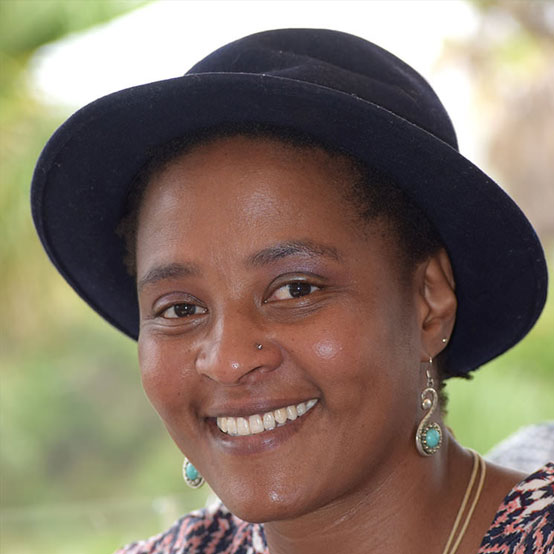Photo credit: Alex Kornhuber
At Creative Brain Week in Dublin, I was humbled and moved by the stories I heard of individuals living with conditions affecting mental well-being and brain health. I was also inspired by the creative interventions that can be applied, such as holistic health care and ways of boosting well-being. There is work being done to mobilize and advocate policy change, music performances, dementia awareness fundraising initiatives, harnessing the arts, or use of social media to connect and interact across the globe by those caring for loved ones or by people working with groups in care settings.
This has all made me realize how much more we need to do in my own country, South Africa, to address the stigma that exists around mental health, particularly in vulnerable communities, especially elderly women, who often get branded as “crazy or witches” when they display unhealthy mental behavior not fitting the norm. There is currently a lack of awareness around mental health and dementia as a disease, especially in the marginalized groups that make up 80 percent of the population in South Africa who are not insured and rely on a free basic health care system that is already overburdened.
I feel like someone who left home with a cup that was ‘’quarter full’’. I shared my own story of how community food gardens are contributing positively toward addressing environmental health inequities in South Africa, inequities that impact mental health in the vulnerable township community with whom I work. However, after connecting and immersing myself in what was on offer at Creative Brain Week, I returned home with a “cup overflowing” with opportunities to collaborate and new learnings around the complexities of brain health and neuroscience. I feel inspired by what I saw and heard about creativity in health through environmental health, healer’s visual arts, storytelling, music, dance and even quilting! There are diverse and creative ways we can use to change the current narrative around brain health if we all contribute in our own unique way to promote a state of holistic physical, mental, and social well-being in our communities.
I was shown that when science meets creativity, magic happens! The week’s offerings carried the theme of ‘Conflict’ in terms of mental health challenges as a disease affecting the brain. The second part ‘Imagining’ centered around an environment where we turn around a negative story by admitting that although there can be despair, there can also be hope in the situation we face, and in that lies the point of impact of intersectionality. Finally, there were creative ways in which ‘Joy’ can be cultivated in health care settings or with those affected by mental health diseases, and promoting a feeling of joy goes beyond medicine. This gathering reaffirmed my belief that through working collectively on issues of health inequities, as Atlantic Fellows, we can truly be the catalyst for change and impact in places where it matters the most to realize fairer, more equal, inclusive, and healthier societies across the globe for the current generation and generations to come.






.png)

